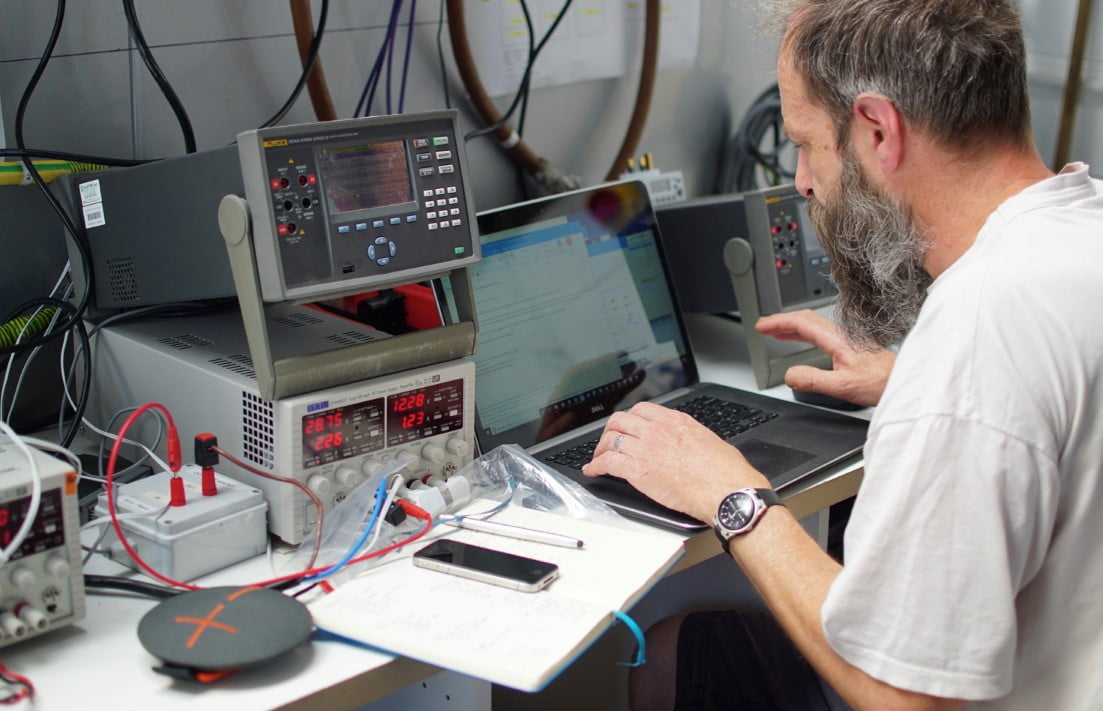The Efficiency for Access Research & Development Fund aims to accelerate the availability of high quality, affordable and efficient electrical appliances for low-income countries. It allows organisations around the world to undertake research and development in electrical appliance innovation.
Of the 21 organisations the fund has supported so far, 13 focus on developing refrigeration technologies that enable access to cooling services. These projects aim to reach people in off-grid and weak-grid areas (where consumers have access to the grid, but connections are poor).
In the last decade in East Africa, a strong solar home system sector has emerged that capitalises on an 80% reduction in the price of solar PV modules. A new pay as you go business model has also emerged. It enables individuals to put down a deposit, usually around 10%, and then pay for their solar panels and its linked appliances) in more affordable monthly instalments. This gives increased flexibility if people experience fluctuations in income. The grow of this sector has been driven by companies from the UK such as M-KOPA and BBOXX.
The Efficiency for Access Research and Development Fund is now helping organisations to develop more advanced energy services such as cooling and cooking that are powered by solar home systems. Investing in technology-led appliance solutions can help make these energy-dependent technologies more affordable. These innovations could also help support the UK’s transition to net zero.
